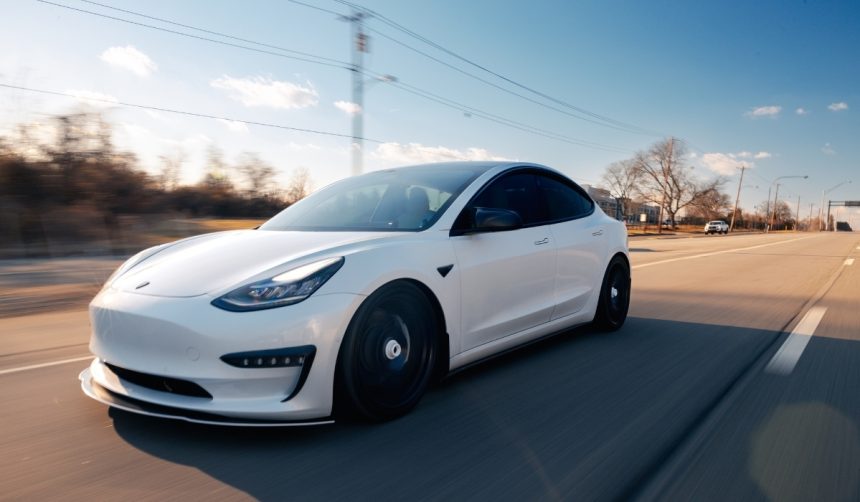In a shifting landscape of U.S. automotive trade policies, Tesla remains a notable player. The electric vehicle giant, led by Elon Musk, is largely shielded from new tariffs, yet challenges persist. As tariffs reshape the market, Tesla’s domestic manufacturing has positioned it uniquely among competitors. The company’s strategic decisions continue to influence its resilience in the face of evolving economic pressures.
Previous tariff implementations have significantly impacted traditional automakers, yet Tesla has demonstrated resilience due to its localized production facilities. In earlier instances, companies like Toyota and GM faced considerable price hikes, whereas Tesla’s strategy has mitigated some of these effects. This differentiation underscores the varying levels of exposure among industry players.
Impact on U.S. Automakers
The Trump administration recently introduced a 25 percent tariff on imported passenger vehicles and key components, complicating the operational landscape for many U.S. car manufacturers. Major brands such as Toyota and General Motors, which import a substantial portion of their vehicles, are expected to experience increased costs.
“Tesla wins, Detroit bleeds,”
remarked Daniel Roeska, a Bernstein analyst, highlighting the uneven effects of the new tariffs across the industry.
Tesla’s Cost Structure Amid Tariffs
Despite Tesla’s robust domestic manufacturing in California and Texas, the company is not entirely insulated from the new tariffs. Elon Musk stated,
“The tariff impact on Tesla is still significant.”
Although a large percentage of Tesla’s parts are produced in the U.S., the reliance on imported components from Mexico and China poses potential cost increases. This nuanced exposure reflects the complexities of fully localizing an automotive supply chain.
Growing Political Opposition to Tesla
Tesla’s association with political figures has led to increased scrutiny and backlash from certain consumer groups. The company’s sales have seen a decline, with forecasts indicating a 14.5 percent drop in the first quarter of 2025. Protests and vandalism directed at Tesla dealerships are escalating, as described by U.S. Attorney General Pam Bondi who termed them
“domestic terrorism.”
Activists are organizing widespread demonstrations aimed at challenging Tesla’s market presence.
Tesla’s situation illustrates the broader implications of trade policies and political dynamics on the automotive industry. While the company’s localized manufacturing provides a buffer against certain economic pressures, the intertwining of business and politics introduces new vulnerabilities. Stakeholders must navigate these complexities to sustain growth and maintain consumer trust.
The evolving trade environment and political landscape present both opportunities and challenges for Tesla. By continuing to adapt its manufacturing strategies and addressing political concerns, Tesla can work towards mitigating the adverse effects of tariffs and maintaining its position in the market. Understanding these dynamics is crucial for industry participants and consumers alike as they assess the future trajectory of the automotive sector.
Tesla’s ability to balance economic and political pressures will be a key factor in its ongoing success. The company’s strategic responses to tariffs and its management of public perception amidst political controversies will shape its competitive edge. As the automotive industry continues to evolve, Tesla’s actions will serve as a benchmark for navigating similar challenges.










